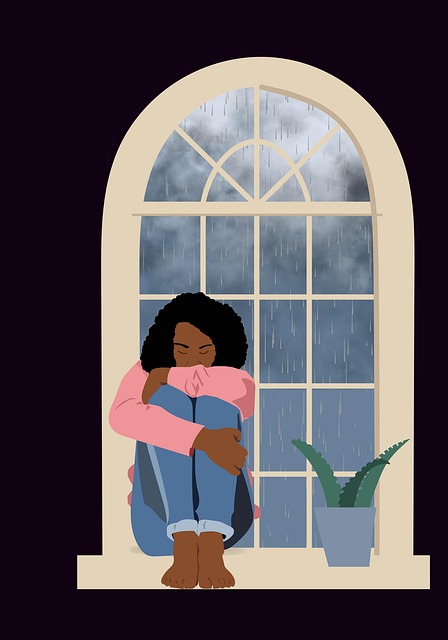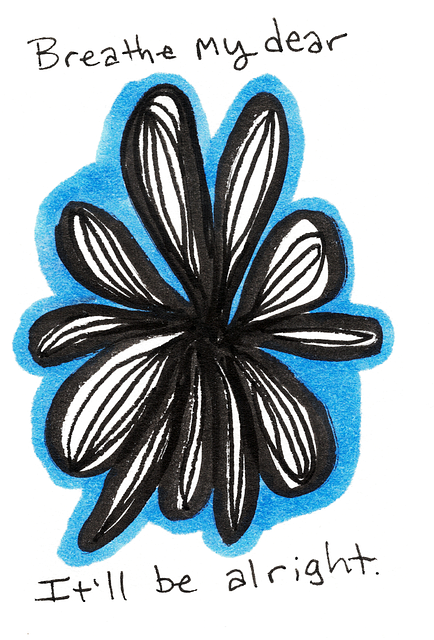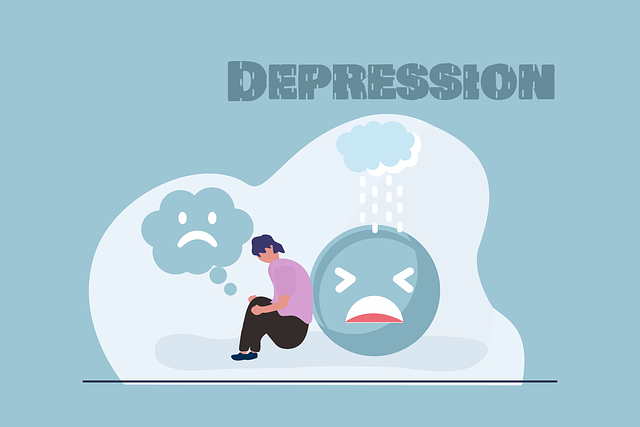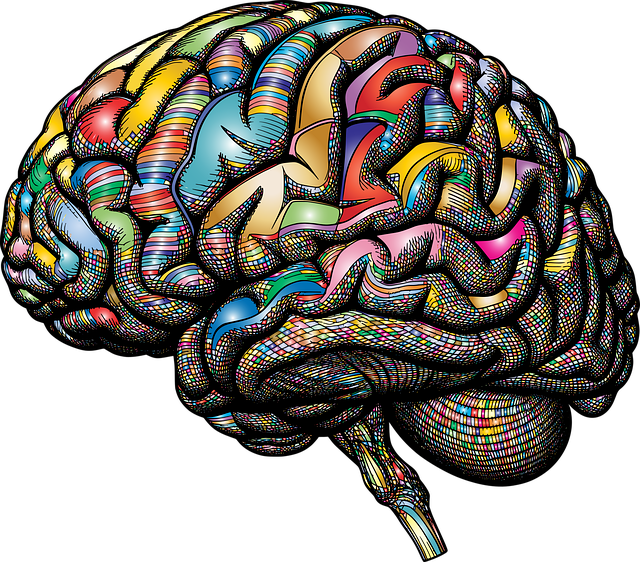Therapy for elderly cancer patients presents unique mental health challenges, including anxiety, depression, and fear of death, exacerbated by age-related factors. Mental health professionals play a crucial role in providing tailored care, integrating community outreach programs to enhance well-being and resilience. Effective therapy requires nuanced assessments and interventions that address psychological, social, and emotional aspects. Ethical delivery involves respecting autonomy while fostering open discussions, building trust through empathy, and being culturally competent. Specialized mental health education, public awareness campaigns, and risk assessment practices ensure professionals can manage their own well-being while providing quality care to elders with cancer issues.
Mental health professionals face unique challenges when treating elderly cancer patients. This article delves into the critical risk assessment required in this specialized field, exploring specific considerations for working with seniors grappling with cancer. We discuss mental health assessment protocols tailored for effective therapy, ethical guidelines to navigate complex patient care, and strategies for building resilience among healthcare providers. Additionally, we highlight essential resources and support systems to empower professionals in addressing therapy for elders cancer issues.
- Understanding the Unique Risks of Working with Elderly Cancer Patients
- Mental Health Assessment Protocols for Effective Therapy
- Ethical Considerations in Therapy for Cancer-Afflicted Elders
- Building Resilient Coping Mechanisms for Professionals
- Resources and Support Systems for Mental Health Professionals Treating Elders with Cancer
Understanding the Unique Risks of Working with Elderly Cancer Patients

Working with elderly cancer patients presents unique challenges for mental health professionals. These individuals often face complex psychological issues stemming from their diagnosis and treatment, which can include anxiety, depression, fear of death, and adjustments to a significantly altered lifestyle. The process of coping with cancer is particularly intricate in the senior population due to age-related factors, such as physical vulnerabilities and cognitive changes, that can further exacerbate emotional distress.
Mental health professionals play a crucial role in providing therapy for elders with cancer issues, focusing on tailored interventions to address their specific needs. A successful approach may involve integrating community outreach program implementations aimed at enhancing mental wellness. By offering support groups or individual counseling sessions, professionals can help patients cultivate resilience and boost confidence in navigating this challenging phase. This personalized care is essential in ensuring the well-being of elderly cancer patients and fostering a sense of hope amidst their health journey.
Mental Health Assessment Protocols for Effective Therapy

Mental health professionals play a pivotal role in assisting individuals facing diverse challenges, especially those navigating cancer and its aftermath. Effective therapy for elders with cancer issues requires tailored assessment protocols that go beyond surface-level symptoms. A comprehensive evaluation should include exploring psychological, social, and emotional factors contributing to their overall well-being. By integrating community outreach program implementation and trauma support services, professionals can offer holistic care, addressing the unique needs of this demographic.
Assessing mental health in cancer patients involves understanding the impact of the disease on daily life and identifying potential trauma triggers. Crisis intervention guidance is essential during these assessments to ensure immediate support for those experiencing acute distress. Through careful evaluation, professionals can design targeted interventions, utilizing evidence-based practices to enhance coping mechanisms and promote resilience among elders facing cancer and its associated psychological complexities.
Ethical Considerations in Therapy for Cancer-Afflicted Elders

The ethical considerations in therapy for cancer-afflicted elders are multifaceted and require a nuanced approach. As mental health professionals, it is imperative to respect the autonomy and dignity of these clients while navigating sensitive topics related to their illness. This involves ensuring informed consent, where elders fully comprehend the nature of their treatment and potential outcomes. Given the emotional and physical toll of cancer, therapists must foster an environment of trust and empathy, allowing for open discussions about fear, anxiety, and the impact of illness on daily life.
Additionally, cultural competency training is essential to delivering effective care. Healthcare providers should be equipped with knowledge about the unique experiences and beliefs of older adults, especially those from diverse backgrounds. Incorporating self-awareness exercises into therapy sessions can help professionals recognize their own biases and ensure that cancer support aligns with the client’s values and preferences. The development of Mental Wellness Coaching Programs tailored to this demographic can empower elders to manage their mental health alongside physical treatment, ultimately enhancing their overall quality of life.
Building Resilient Coping Mechanisms for Professionals

Mental health professionals often find themselves at the intersection of intense emotions and complex client cases. Building resilient coping mechanisms is essential for maintaining emotional well-being, especially when dealing with challenging issues like cancer in elders. Therapy for elders with cancer requires a delicate balance between professional expertise and personal compassion, which can be emotionally taxing.
Developing a robust self-care routine is a vital component of promoting emotional intelligence and resilience. This involves integrating evidence-based techniques to enhance emotional well-being, ensuring professionals can effectively navigate their own emotional landscapes alongside those of their clients. By prioritizing self-care, mental health professionals can foster adaptability, enabling them to offer consistent support without compromising their own mental health.
Resources and Support Systems for Mental Health Professionals Treating Elders with Cancer

Mental health professionals who specialize in treating elders with cancer play a vital role in addressing complex psychological challenges unique to this demographic. Accessing appropriate resources and support systems is crucial for their well-being and effectiveness. Many organizations offer specialized mental health education programs design tailored to cater to the specific needs of geriatric patients, focusing on topics like grief and loss, anxiety, and depression commonly associated with cancer diagnosis.
These professionals can also benefit from engaging in public awareness campaigns development that foster understanding and empathy among the general public regarding the complexities of caring for older adults with cancer. Such initiatives contribute to creating a more supportive environment, reducing stigma, and encouraging open conversations about mental health issues within this population. Furthermore, robust risk assessment practices should be implemented to ensure professionals are equipped with strategies to manage their own psychological well-being while providing therapy for elders cancer issues.
Mental health professionals play a vital role in supporting elderly cancer patients, but they also face unique risks. By understanding these risks and implementing strategies such as robust assessment protocols, ethical considerations, and building resilience, professionals can enhance their ability to provide effective therapy for elders with cancer issues. Accessing available resources and support systems is crucial for maintaining professional well-being. This holistic approach ensures that both patients and mental health providers benefit from this challenging but rewarding work.














